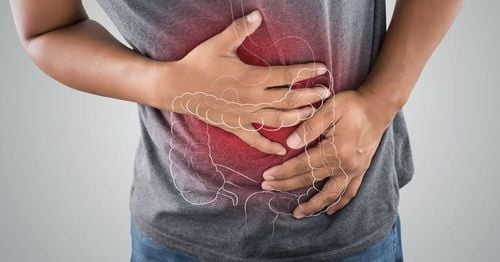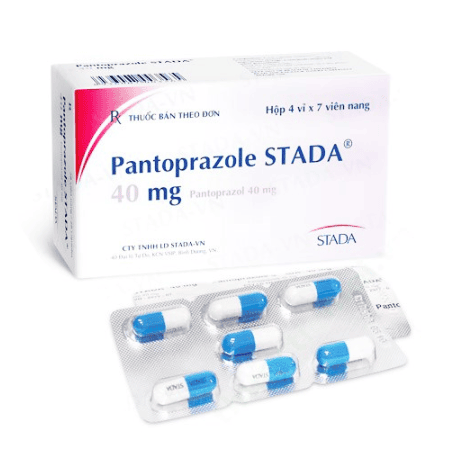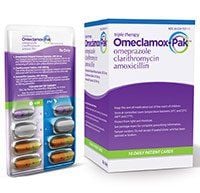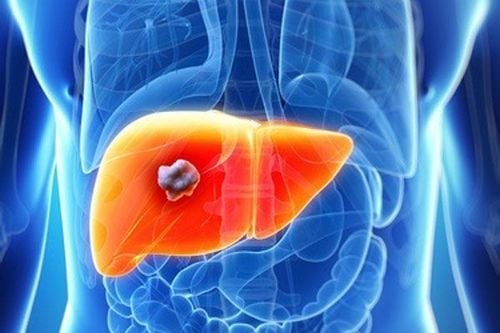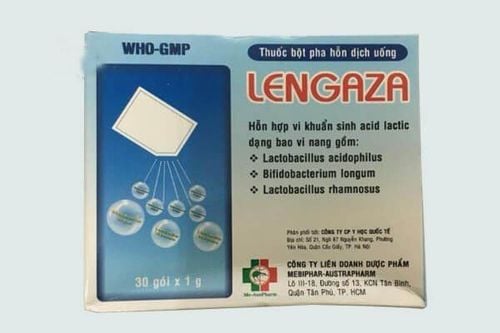This is an automatically translated article.
The article is professionally consulted by Doctor Nguyen Thai Ngoc Chau - Department of Pediatrics - Neonatology - Vinmec Phu Quoc International General Hospital.
Children under 3 years old are very susceptible to gastroenteritis, even some children have gastroenteritis many times a year, especially those who have gone to kindergarten.
1. Gastroenteritis in children
Gastroenteritis is a condition in which the lining of the digestive tract becomes inflamed. Most young children have gastroenteritis at least twice a year. After 3 years of age, when the child's immune system is more developed, the rate of children getting sick will gradually decrease.2. Causes of gastroenteritis in children
The cause of gastroenteritis is viral, most commonly rotavirus and adenovirus. In addition, some bacteria are also capable of causing disease such as: E.coli, staphylococcus, salmonella, shigella, campilobacter. Less common causes are parasites such as: gardia.3. Manifestations of gastroenteritis in children
Acute gastroenteritis in children will have the following manifestations:Vomiting Diarrhea Abdominal pain Fever, chills Body aches The severity of symptoms may vary depending on the condition of the patient. . These symptoms can last from a few days to a few hours, depending on the cause. If your child shows signs of prolonged vomiting, diarrhea, or bloody stools for more than 2 days, he may have gastroenteritis.
Should take the child to the doctor immediately if the child shows signs of dehydration, especially when the following symptoms are present:
Urinating too little, the amount of urine is low Sleepy sleep

In case the child has gastroenteritis caused by bacteria or parasites, antibiotics can be used to treat it.
4. Is gastroenteritis contagious?
Gastroenteritis is a contagious disease and is highly contagious.For viral gastroenteritis: The disease is transmitted when the baby eats food containing pathogens, shares spoons and cups with an infected person; For bacterial or parasitic gastroenteritis: The disease is transmitted when the baby eats food or drinks contaminated water; In addition, young children can become infected by coming into contact with contaminated feces and then accidentally putting their hands to their mouths. Pathogenic bacteria are very small in size, so they are easily attached.
5. Treatment of gastroenteritis in children
It is important when treating gastroenteritis in children not to take anti-diarrheal medications. Because diarrhea is the body's response to expel disease-causing bacteria. The use of anti-diarrheal drugs will make the condition worse, last longer, and even cause dangerous reactions.If the child is sick due to a viral infection, there is no way to treat it. You must wait for the child to recover after going out many times, expelling the bacteria from the body. If your child has a bacterial infection, antibiotics can be used to treat it. Here are some notes when treating gastroenteritis in children:
If the child has a fever and is constantly crying, acetaminophen or ibuprofen can be used. Absolutely do not give aspirin to children because this medicine can cause Reye's syndrome which is very dangerous; If the child is dehydrated, give him or her to drink a lot of water and drink more oresol to replace mineral salts and electrolyte solutions; If the baby is only sucking milk but spitting up continuously, the baby can slowly sip the oresol solution until the vomiting stops; If the baby has eaten solid foods and is not vomiting, the diet can be continued without taking oresol; Do not give your child drinks that contain a lot of sugar. Sugar can make the condition worse, causing bloating, indigestion;
6. Diet when children have gastroenteritis
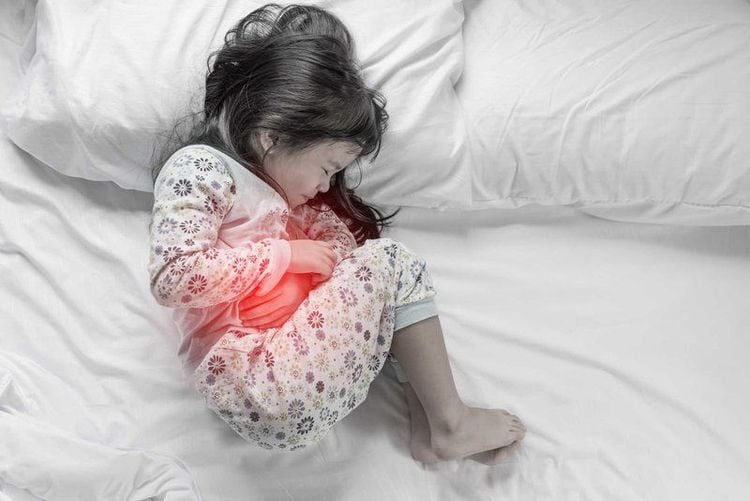
After the symptoms of the disease are relieved, let the child soon return to a normal diet, eat enough starch, protein, vegetables... Provide adequate nutrition for the child so that the child can self-repel the virus. bacteria, fight the virus that causes disease.
7. How to prevent gastroenteritis in children
Wash your hands thoroughly with soap after changing your baby's diaper; Wash your hands thoroughly before feeding your baby. If the baby can eat by himself, wash his hands; Keep children clean, wash their hands many times throughout the day; Ensure food hygiene during the preparation and processing of baby food; Give your baby a vaccine against rotavirus diarrhea; Parents need to know the most basic information about gastroenteritis in young children, especially how to handle in urgent cases. When the baby's condition does not improve after being cared for at home, the baby should be taken to the hospital for treatment.Doctor Nguyen Thai Ngoc Chau has 09 years of experience in the field of Pediatrics - Neonatology, former Deputy Department of Pediatrics at Phuong Chau International Hospital (Can Tho). Dr. Chau regularly participates in training courses on child nutrition, pediatric emergency resuscitation, pediatric pathology treatment.
Please dial HOTLINE for more information or register for an appointment HERE. Download MyVinmec app to make appointments faster and to manage your bookings easily.





